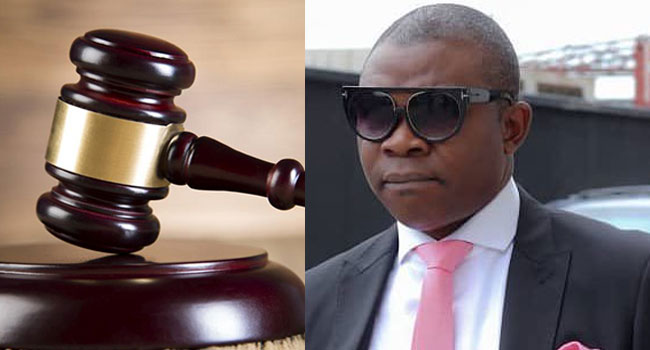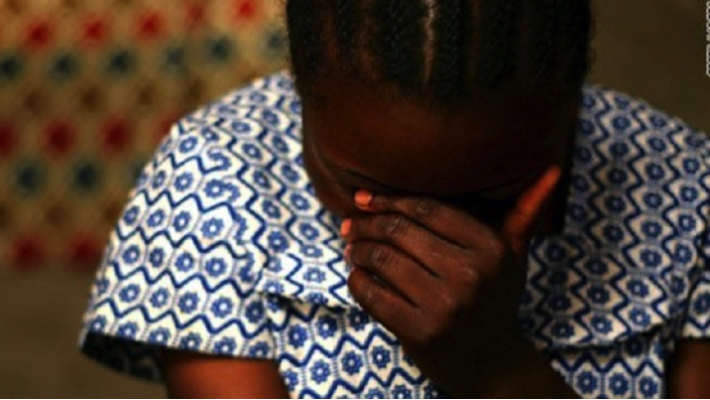Lagos State Government has mounted a forceful response to the Court of Appeal’s recent decision overturning the conviction of Dr. Femi Olaleye, announcing plans to escalate the controversial case to Nigeria’s Supreme Court. The move comes after the appellate court’s Friday ruling that discharged and acquitted Olaleye, the Managing Director of Optimal Cancer Care Foundation, who had previously been sentenced to life imprisonment for defilement charges.
Governor Babajide Sanwo-Olu’s administration has taken decisive action by filing a notice of appeal, signaling its determination to challenge what many view as a contentious reversal. The case has garnered significant public attention, particularly given the serious nature of the original charges against Olaleye, who was initially convicted of defiling his wife’s niece.
The original verdict, delivered in October by the special offences and domestic violence court in Lagos under Justice Rahman Oshodi, had found Olaleye guilty on two counts of defilement and sexual assault by penetration. The conviction had resulted in a life sentence, reflecting the gravity of the charges brought forward by the state government.
However, the Court of Appeal’s decision to overturn this conviction has sparked widespread debate and concern. The appellate court’s ruling hinged on its assessment of the evidence presented during the trial, which it characterized as “tainted” and “unreliable.” This determination effectively nullified the lower court’s judgment, leading to Olaleye’s release.
The state’s decision to pursue further legal action has gained support from various civil rights groups, who have actively petitioned Lagos State Attorney General, Lawal Pedro, SAN. These organizations view the appeal as crucial for maintaining public confidence in the justice system and ensuring that serious allegations receive thorough judicial scrutiny at all levels.
The case has highlighted important questions about the handling of evidence in sensitive cases and the standards of proof required at different levels of Nigeria’s judicial system. The contrasting interpretations of evidence between the trial court and the Court of Appeal have become a focal point of legal discussion, particularly regarding cases involving vulnerable victims.
Legal experts following the case note that the Supreme Court appeal will likely focus on several key aspects, including the assessment of evidence reliability and the proper application of legal principles in cases involving serious allegations of sexual assault. The outcome could have significant implications for how similar cases are handled in the future.
The state government’s commitment to pursuing the case to Nigeria’s highest court reflects the broader significance of the legal issues at stake. Beyond the specific allegations against Olaleye, the case has become emblematic of the challenges faced in prosecuting sensitive cases and ensuring justice for alleged victims of abuse.
The decision to appeal also demonstrates the Lagos State Government’s dedication to utilizing all available legal channels to uphold justice and protect vulnerable members of society. The move has garnered support from child rights advocates and legal reform groups who see the case as a crucial test of the justice system’s ability to address serious crimes effectively.
As the legal battle moves to its final stage, the case continues to draw attention to the complexities of Nigeria’s judicial process and the importance of ensuring that justice is both done and seen to be done. The Supreme Court’s eventual ruling will likely have far-reaching implications for future cases involving similar allegations and the broader administration of justice in Nigeria.
The Lagos State Government’s determination to pursue this appeal underscores the case’s significance beyond its immediate circumstances, highlighting the ongoing effort to strengthen the legal framework for protecting vulnerable individuals and ensuring accountability within the justice system.




